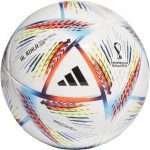Soccer is a global sport enjoyed by millions of people around the world. Playing soccer is a great way to stay active, build endurance, and develop teamwork and communication skills. However, to fully enjoy soccer, it is essential to master the fundamental skills of the game. In this article, we’ll cover the ten essential soccer skills that every beginner should master to improve their game and enhance their overall playing experience.
The Basics of Soccer
Before diving into the essential skills, it’s important to understand the basics of soccer. Soccer is a game played on a rectangular field with two goals on opposite ends. Each team has eleven players on the field, and the objective is to score more goals than the opposing team. The game is played in two halves, each lasting 45 minutes.
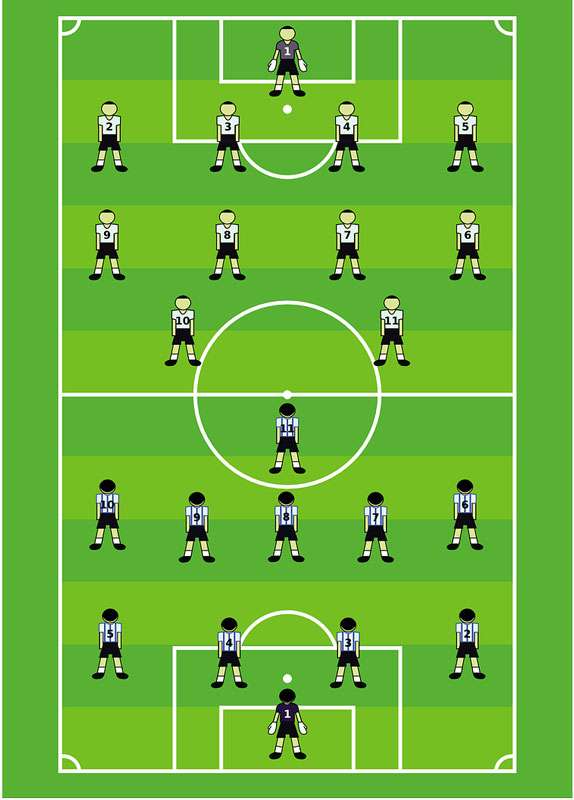
There are four main positions in soccer: forward, midfielder, defender, and goalkeeper. The forward position is responsible for scoring goals, while midfielders support both the forwards and defenders. Defenders are tasked with stopping the opposing team from scoring, and the goalkeeper is responsible for protecting the goal.
The Top 10 Essential Soccer Skills for Beginners
1. Dribbling
Dribbling is the ability to control the ball while running or moving around the field. It’s an essential skill that every soccer player should master. To dribble effectively, keep your head up, use the inside and outside of your feet, and use quick and precise touches to move the ball.
2. Passing
Passing is another critical skill in soccer. To pass effectively, aim for your teammate’s feet, use the inside of your foot, and pass with the appropriate amount of force. Make sure to communicate with your teammates, and always look for opportunities to pass the ball.
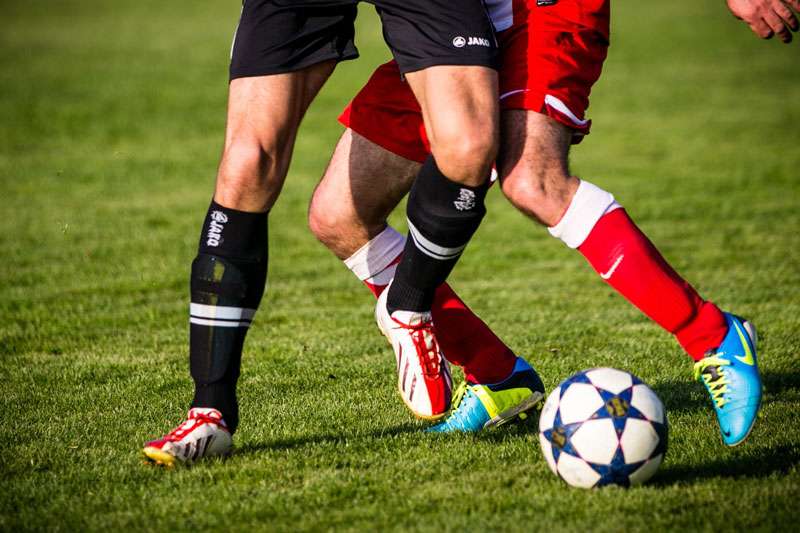
3. Shooting
Shooting is the ultimate objective in soccer. To shoot effectively, approach the ball at an angle, plant your non-kicking foot next to the ball, and strike the ball with the laces of your kicking foot. Aim for the corners of the goal, and remember to follow through with your kick.

4. Trapping
Trapping is the ability to control the ball with your feet, chest, or head. To trap the ball, use a soft touch, cushion the ball, and use your body to shield the ball from the opposing team.
5. Tackling
Tackling is the art of taking the ball away from an opposing player. To tackle effectively, use your feet, legs, and body to block the opposing player and steal the ball. Remember to stay low and use quick, precise movements to take the ball away.
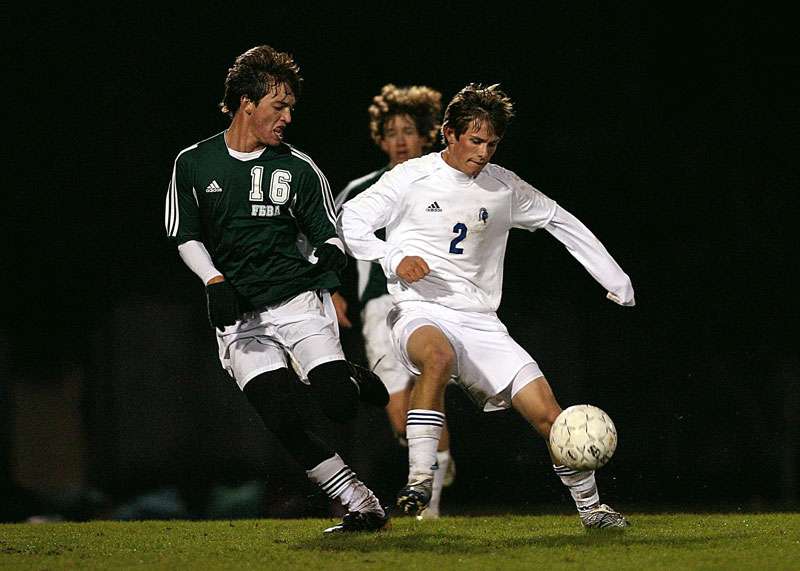
6. Heading
Heading is the ability to control the ball with your head. To head the ball, keep your eyes on the ball, use your forehead to make contact, and aim for a specific target. Remember to use the right amount of force, and protect yourself from collisions with other players.
7. Agility and Footwork
Agility and footwork are crucial skills for every soccer player. To improve your agility and footwork, practice drills that involve quick movements, change of direction, and ball control. These skills will help you move around the field more effectively and avoid opposing players.
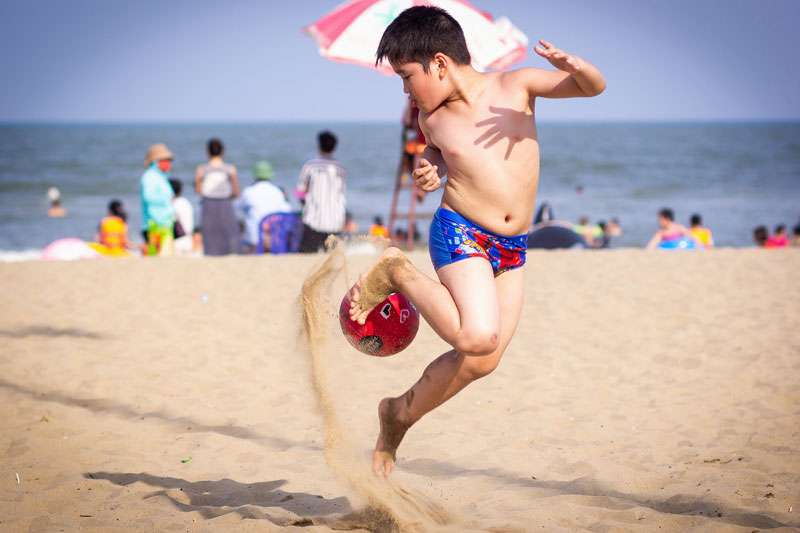
8. Communication
Communication is essential in soccer. To communicate effectively, use clear and concise language, make eye contact with your teammates, and use hand signals to indicate your intentions. Good communication helps build trust and teamwork among players.
9. Conditioning and Endurance
Soccer is a physically demanding sport that requires a high level of endurance and conditioning. To build your endurance, practice cardiovascular exercises like running, cycling, or swimming. Also, make sure to incorporate strength training exercises like squats, lunges, and push-ups to build muscle and increase your overall fitness level.
10. Tactical awareness
Tactical awareness is the ability to understand and execute game strategies and tactics. This includes knowing where to be on the field, when to attack or defend, and how to coordinate with your teammates. To improve your tactical awareness, watch and study professional soccer games, pay attention to your coach’s instructions, and practice different game scenarios with your team.
Tips for Practicing and Developing Soccer Skills
Tips for Practicing and Developing Soccer Skills To effectively develop your soccer skills, it’s important to practice regularly and with purpose. Here are some tips to help you improve your game:
- Practice every day: Dedicate at least 30 minutes a day to practice your soccer skills. This will help you develop muscle memory and improve your overall technique.
- Focus on one skill at a time: Rather than trying to master all ten essential skills at once, focus on one skill at a time. Once you’ve mastered one skill, move on to the next one.
- Find a practice partner: Practicing with a partner can help you improve your passing, shooting, and dribbling skills. It also makes practice more enjoyable and motivating.
- Watch and learn: Watch professional soccer games to learn from the best players in the world. Pay attention to their technique, positioning, and tactics.
- Stay positive: Soccer can be challenging, but staying positive and motivated is essential for improving your skills. Remember to celebrate your successes and learn from your mistakes.
Conclusion
Soccer is a fun and rewarding sport that requires a combination of physical and mental skills. By mastering the ten essential soccer skills discussed in this article, you’ll be well on your way to becoming a skilled soccer player. Remember to practice regularly, stay positive, and have fun! With dedication and hard work, you can take your soccer game to the next level.

Equipments for Soccer
We may get paid by brands or deals, including promoted items.









